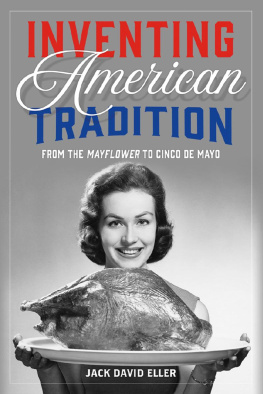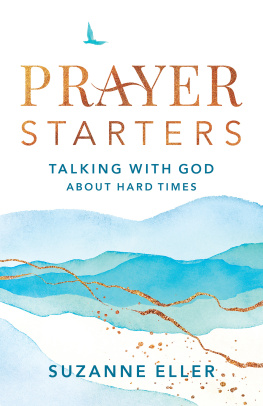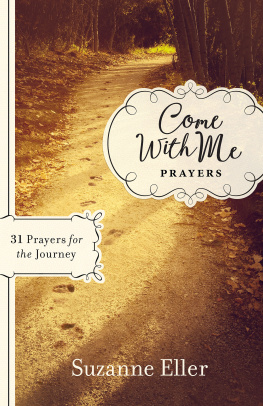Jack David Eller - Social Science and Historical Perspectives
Here you can read online Jack David Eller - Social Science and Historical Perspectives full text of the book (entire story) in english for free. Download pdf and epub, get meaning, cover and reviews about this ebook. year: 2016, publisher: Routledge, genre: Religion. Description of the work, (preface) as well as reviews are available. Best literature library LitArk.com created for fans of good reading and offers a wide selection of genres:
Romance novel
Science fiction
Adventure
Detective
Science
History
Home and family
Prose
Art
Politics
Computer
Non-fiction
Religion
Business
Children
Humor
Choose a favorite category and find really read worthwhile books. Enjoy immersion in the world of imagination, feel the emotions of the characters or learn something new for yourself, make an fascinating discovery.

- Book:Social Science and Historical Perspectives
- Author:
- Publisher:Routledge
- Genre:
- Year:2016
- Rating:3 / 5
- Favourites:Add to favourites
- Your mark:
- 60
- 1
- 2
- 3
- 4
- 5
Social Science and Historical Perspectives: summary, description and annotation
We offer to read an annotation, description, summary or preface (depends on what the author of the book "Social Science and Historical Perspectives" wrote himself). If you haven't found the necessary information about the book — write in the comments, we will try to find it.
Social Science and Historical Perspectives — read online for free the complete book (whole text) full work
Below is the text of the book, divided by pages. System saving the place of the last page read, allows you to conveniently read the book "Social Science and Historical Perspectives" online for free, without having to search again every time where you left off. Put a bookmark, and you can go to the page where you finished reading at any time.
Font size:
Interval:
Bookmark:

- How and why did the social sciences originate and differentiate?
- How are they related to older traditions that have defined Western civilization?
- What is the unique perspective or way of knowing of each social science?
- What are the challengesand alternativesto the social sciences as they stand in the twenty-first century?
by Routledge
2 Park Square, Milton Park, Abingdon, Oxon OX14 4RN
711 Third Avenue, New York, NY 10017
has been asserted by him in accordance with sections 77 and 78
of the Copyright, Designs and Patents Act 1988.
reproduced or utilised in any form or by any electronic, mechanical,
or other means, now known or hereafter invented, including photocopying
and recording, or in any information storage or retrieval system,
without permission in writing from the publishers.
or registered trademarks, and are used only for identification
and explanation without intent to infringe.
and ways of knowing/Jack David Eller.
Includes bibliographical references.
(hardback: alk. paper) | ISBN 9781138675797 (pbk.: alk.
paper) | ISBN 9781315560434 (ebook)
LC record available at http://lccn.loc.gov/2016007405
ISBN: 978-1-315-56043-4 (ebk)
by Florence Production Ltd, Stoodleigh, Devon
Font size:
Interval:
Bookmark:
Similar books «Social Science and Historical Perspectives»
Look at similar books to Social Science and Historical Perspectives. We have selected literature similar in name and meaning in the hope of providing readers with more options to find new, interesting, not yet read works.
Discussion, reviews of the book Social Science and Historical Perspectives and just readers' own opinions. Leave your comments, write what you think about the work, its meaning or the main characters. Specify what exactly you liked and what you didn't like, and why you think so.









![Eller - The gluten free gourmand : [a little cookbook]](/uploads/posts/book/92634/thumbs/eller-the-gluten-free-gourmand-a-little.jpg)